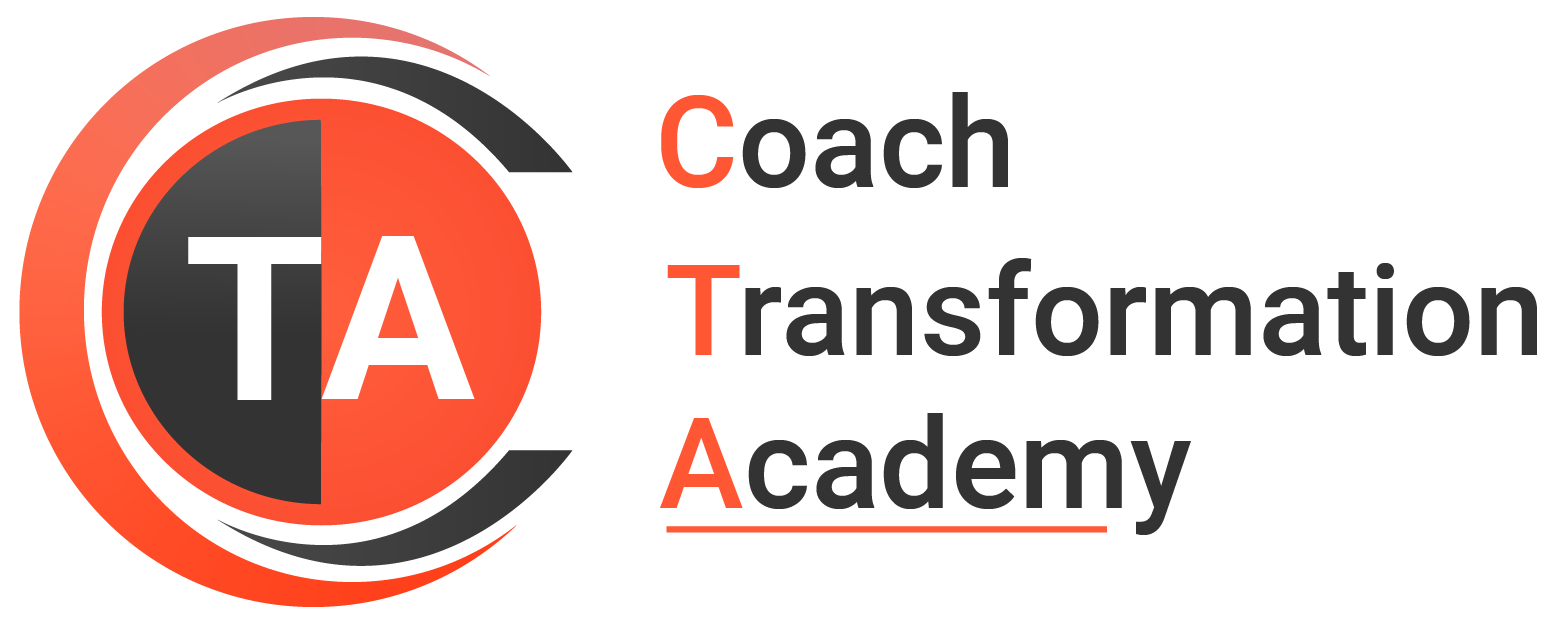A few days back, I attended another online learning session, which began by posing this question to its audience, “Why do people want reasons for their beliefs and decisions?”
I believe that humans are primarily emotional animals, and their first response to any situation in their immediate environment is emotional. Current research in neuroscience suggests that even decisions that we make mainly originate in the limbic system, which is also the seat of all human emotions.
So, although evolution has modeled us such that our primary reaction to any situation is prima facie emotional, we have through conscious choices, and social preferences conditioned ourselves to think and act otherwise.
Human beings consider themselves different from the rest of the members of the animal kingdom because of their ability to reason. And by the ability to reason, I am referring to the human mind’s unique ability to ask the question, “Why?” Though it has been reasonably demonstrated that primates can mimic and respond meaningfully to human behavior, it has been scientifically proven that primates can “think” in a certain manner, or to a certain extent. They still have not been recorded as pondering on or asking the question “why.” Therefore, so far, it is thought that the ability to ask a “why” question is very unique to the brain of the human species. Take away this ability of the human being, and they would be grouped into one of the physically weakest and most vulnerable species on this planet.
This realization that if we, as a species, must survive, then we must exploit the strength of our reason and our ability to ask the question “why” has had a lasting impact on the way the human brain has evolved. The prefrontal cortex, which is the seat of reason and rational thinking, is a later evolutionary appendage to the human mind. It is merely 359 million years old – rather recent on the evolutionary scale.
The self-conviction that we humans, at all times, must maintain and demonstrate this critical and dominant difference between ourselves and the rest of the world has transplanted itself into the social language and social preferences that we as a civilization subscribe to.
Our rational skills proved to be a key differentiator for the success factor. While we were evolving and competing with other species for dominating the food chain, we have carried that same notion of dominance by employing our rational skills into our present-day civilization.
Our present-day civilization so much overemphasizes the importance and abilities of our prefrontal cortex that we have built a culture of grading and differentiating our fellow humans using this as the primary if not sole yardstick. Take, for instance, one of the founding pillars of our present-day civilization – our education system, which is exclusively built around developing and measuring the performance of our rational abilities at frequent intervals. And through most of the first twenty-five years of a person’s life, which is also the most important developmental and growth phase, it lays the behavioral and intellectual foundation for the person to live by for the rest of his or her adult life. It is therefore not surprising that only recently have we started realizing the importance and dynamic nature of EQ score over a much more narrow and static IQ score.
During the foundational phase, if a person cannot demonstrate the prefrontal cortex’s abilities, then the system often lets the person fall behind or even face social discrimination. Think about how some societies and cultures still treat those who, at school, fail in subjects like mathematics or science – domains that demand the most intense application of our rational faculties? Consider how our grading and rewarding systems at the foundation level (education institutes) are systematically and rigorously built to encourage and promote the most effective use of our rational abilities. Imagine how the social craze to either become an “Engineer” or a “Doctor,” if one is considered successful at all levels in life, still dominates popular imagination and ambition of large swaths of the educated population.
Social acceptance is, therefore, a key necessity for the psychological survival of any human being. It was so when we were hunter-gatherers, and the question was one of survival as a species. It still is, when it is a question of survival through social acceptance. The average person must feel accepted and have a sense of belonging if he or she is to lead a meaningful and happy life. A smooth, quick, and conventional way to gain such social acceptance is by emphasizing and demonstrating one’s prefrontal cortex skills.
Essentially this culture is practiced often at the expense of developing many other keys and more meaningful abilities of our brain, but whose eventual usefulness is not immediately obvious.
First, they create thinking ruts or thought patterns that mask out important information emanating from significant parts of our immediate environment, but which our rational skills are unable to meaningfully process. Next, any sequence of events that do not fit neatly into a cause and effect relationship is either marked as coincidental or inconsequential.
Finally, when we are challenged with phenomena of feelings or emotions that often do not pass the test of rational scrutiny, they are deemed either as noumena or qualia. Implying that since they cannot be endorsed rationally through any of our available resources, they are not worth considering or recognizing as important. Note that in such cultures, intuitive faculties or “feelings” of the mind are not considered “available resources” to decode this kind of information. Therefore such data are quickly swept away as unnecessary in the weakest cases, or wishy-washy and unexplained in better cases, or as spiritual in the strongest cases.
A study exploring reasons why a vast majority of Indian students choose to pursue engineering as an academic discipline discovered that amongst other reasons, this academic choice offered the students unique freedom to avoid dealing with emotions – since they would be trained to deal with machines and therefore can avoid dealing with people. They find it a lot easier interfacing with machines than with people.
The results of this study are insightful, as much as they portend how human society will “feel” in the future. Because it defines, as a culture and a civilization, what respect and importance do we place on “emotions” in our routine lives. Little wonder then that we need to discuss concepts like “Psychological safe place.” Concepts that should otherwise be natural and innate to the human mind, given how evolution has designed our brains initially to react to the world around us, now need our conscious and focused attention.
The primary reason why the caveman survived not just as a species, but also as a persona, was that the cave was a “psychological safe place” so to speak, on which the hunter-gatherers could fall back on, or to which they could safely return at the end of every dangerous and often life-threatening hunting sorties and then share stories and feelings with each other as dictated by their old or limbic brain.
So my life plan is that by the time I reach my closing years, I should be able to have enough control over my emotions rather than my emotions controlling me, as is the case now.
In conclusion, I would want to draw your attention to the sunglasses’ image lying on the table. They don’t just lie on the table. They have lied a lot too. I think of the sunglasses as the way I now look and think about my world. It is the shades of the glasses that my mind currently wears, decide what reaches my eyes, what I will see as mere shadows, and what I shall never be able to see. At the end of this session, I wish to remove those glasses and see the world from my natural perspective, with a pair of eyes that evolution had originally designed for me.





